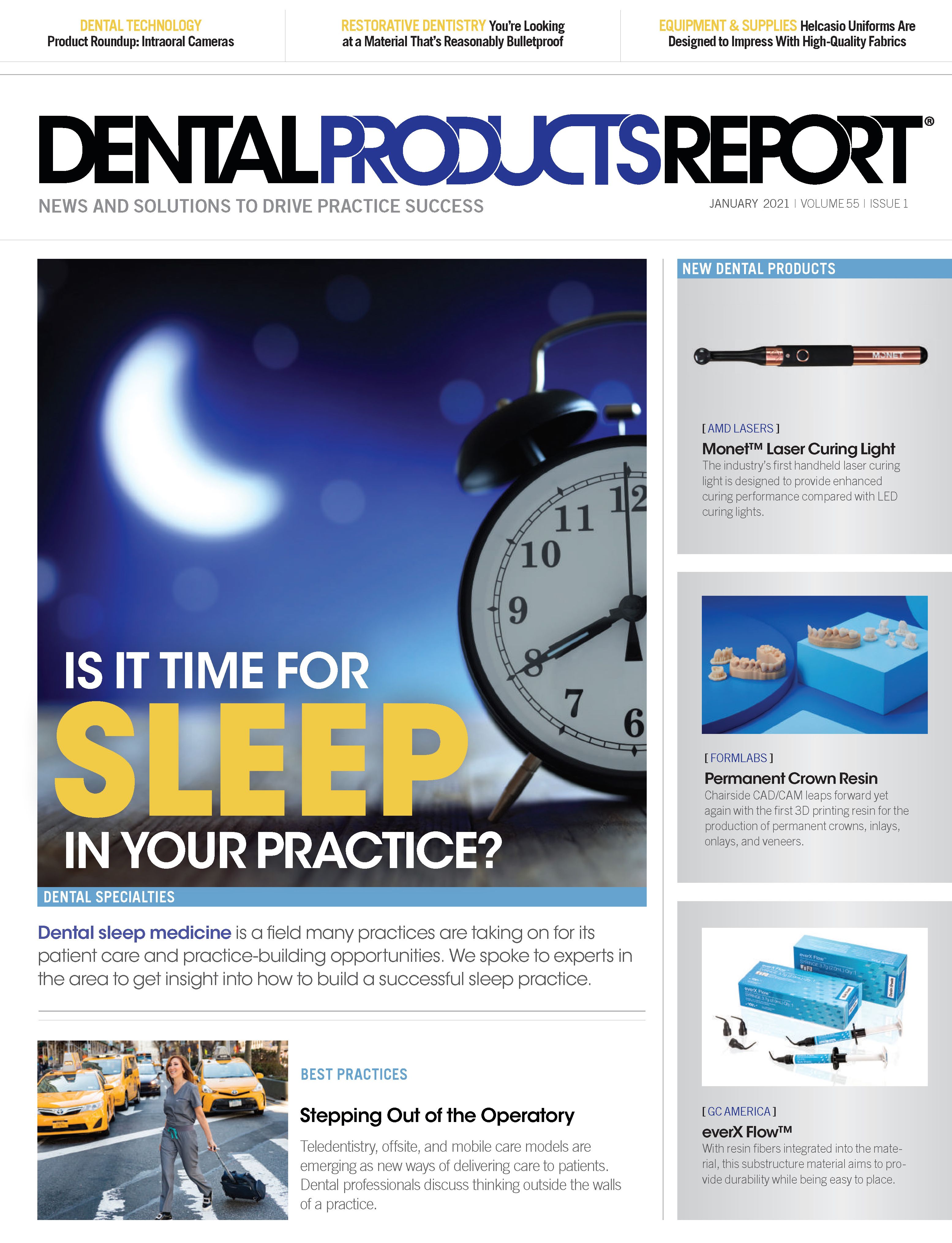The Best Types of Exercise for Dentists During the Pandemic
Despite limited access to gyms and group exercise opportunities, dental professionals must get regular exercise during the coronavirus disease 2019 pandemic.
Dear Bethany: My gym is closed because of the pandemic, so I’d like to start the New Year with a committed exercise routine. What are the best exercises are to do at home?
Dear Doctor: This is a great question. With the closing of gyms, as well as social distancing, the coronavirus disease 2019 (COVID-19) pandemic has exacerbated physical inactivity. In view of the pandemic, special consideration should be given to how exercise affects your immune system.

Exercise and Immunity
The immune system is highly responsive to physical activity. Exercise-induced immunomodulation has been recognized for decades, and is dependent on the intensity, duration, and frequency of exercise. Exercise of long duration (> 2 hours) or very intense exercise (> 80% of maximum oxygen consumption [Vo2 max]) is associated with markers of immunosuppression and can increase infection risk.
On the other hand, studies have demonstrated that regular bouts of short-lasting, moderate-intensity exercise performed at least 3 times a week are beneficial for strengthening and preparing the immune system for COVID-19.1-3 The World Health Organization recommends at least 150 minutes of exercise per week.
Exercise also has been shown to have a positive effect on mental stress and depression, which are serious considerations during the pandemic.
Exercises to Boost Immunity
Exercise sessions should be moderate intensity (50%-70% of Vo2 max) and 45 to 60 minutes in duration. Exercise should be performed at least 3 times per week.1 Important types of exercise for dental professionals are aerobic and muscular endurance training.
The best types of aerobic exercises for dental professionals are those that keep the body symmetrical and prevent worsening of existing imbalances. Exercises that require hunching forward or repeatedly twisting in 1 direction can have a negative impact on musculoskeletal health. Because stress levels are higher during the pandemic, targeting the upper trapezius muscles with aerobic exercise is important. The upper traps are the muscles that are most responsive to emotional stress. Tension can build over time and manifest as trapezius myalgia.
Symmetrical exercises incorporating aerobic movement of the upper traps include cross-country skiing, use of a Nordic track, an elliptical machine, or, for an outdoor warm weather workout, consider skating with poles. Brisk walking while swinging the arms is also a good way to oxygenize the upper traps and reduce stress.
Muscular endurance training is the second type of exercise dental professionals should incorporate into their routines. This type of training uses light resistance and high repetitions (15-20 reps) to target specific postural stabilizing muscles. Developing the endurance of postural muscles of the trunk and shoulder girdle is key to preventing pain and injuries. These muscles must have excellent endurance and be properly trained for dentists to work all day without fatigue, poor posture, or developing pain.
Because dental professionals are prone to unique muscle imbalances, generic muscular endurance routines can worsen pain syndromes. Generic routines typically include push-ups, overhead presses, lifting the arms to the sides, and more. These exercises are not a problem for the general public, but they can throw dental professionals into a vicious pain cycle.
Conclusions
Embarking upon an exercise program during the COVID-19 pandemic requires consideration of workout factors that either enhance or suppress the immune system. Developing balanced musculoskeletal health with a well-designed exercise program can help control stress, correct painful muscle imbalances, avoid injuries, extend careers, and improve quality of life.
References
- Leandro CG, Ferreira E Silva WT, Lima-Silva AE. Covid-19 and exercise-induced immunomodulation. Neuroimmunomodulation. 2020;27(1):75-78.
doi:10.1159/000508951 - Simpson RJ, Kunz H, Agha N, Graff R. Exercise and the regulation of immune functions. Prog Mol Biol Transl Sci. 2015;135:355-380. doi:10.1016/bs.pmbts.2015.08.001
- da Silveira MP, da Silva Fagundes KK, Bizuti MR, Starck É, Rossi RC, de Resende E Silva DT. Physical exercise as a tool to help the immune system against COVID-19: an integrative review of the current literature. Clin Exp Med. Published online July 29, 2020. doi:10.1007/s10238-020-00650-3
Dental Products Report® readers can receive 50% off Dr Valachi’s Home Exercise for Dental Professionals at www.posturedontics.com/product/home-exercise during January. Enter discount code: CEPROMO.
